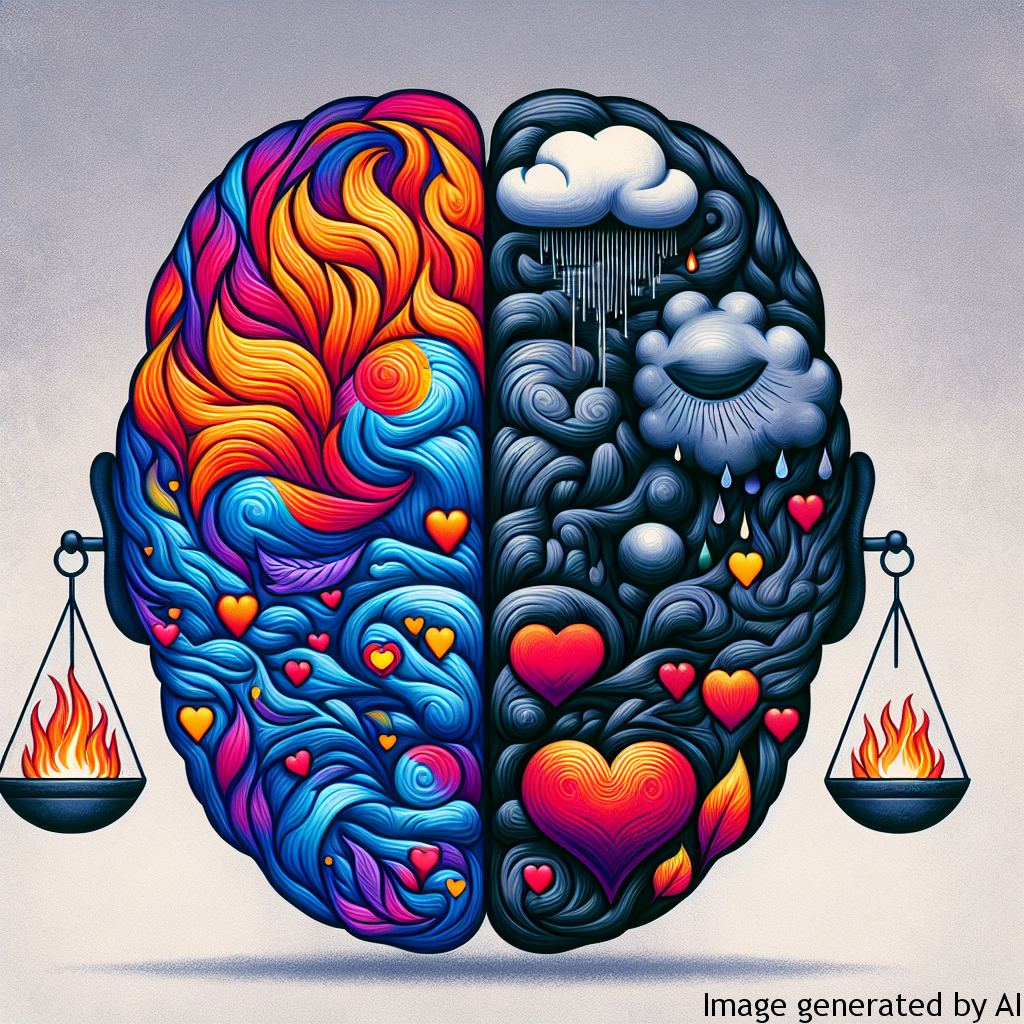Introduction
Sexual health is an integral part of overall wellbeing. It ties into physical, mental, and emotional aspects of an individual’s health. One area where these connections can become particularly evident is the link between libido, or sexual desire, and mental health conditions like depression. The discussion about how mental health can affect sexual desire is complex, intertwined with societal expectations and norms, particularly the issue of gender roles and expectations.
Description of Gender Expectations and Their Impact on Men’s Mental Health
The Role of Masculinity
Gender expectations, especially those associated with masculinity, can put immense pressure on men. Societal norms often dictate that men should be ‘strong’ and ‘stoic’, hiding their feelings and emotions. This can lead to emotional suppression, increasing the risk of mental health problems like depression. When such mental health problems occur, they can impact a man’s libido.
Sexual Expectations
There is also an unwritten societal rule that stigmatizes men who do not have a strong sexual desire. This stereotype further aggravates the mental health issues of men struggling with low libido. The fear of being judged or ridiculed can lead to heightened anxiety, further dampening one’s sexual desire and potentially leading to a spiral of worsening depression.
Examples of How Gender Roles Can Affect Men’s Lives
The stereotype that ‘real men’ should always be in the mood for sex can adversely impact those who do not conform to this notion. A man experiencing a loss of libido due to stress, physical health issues, or mental health conditions like depression, might feel emasculated, adding more stress and further perpetuating the cycle.
Moreover, when men facing such issues seek help, they might be met with disbelief, underestimation, or even mockery, discouraging them from further reaching out for assistance. This could delay vital treatment and support, exacerbating their mental health condition and its effects on their sex drive.
Tips for Improving Mental Health Considering Gender Roles
To break free from the detrimental effects of gender expectations on mental health and, subsequently, on sexual desire, several strategies can be used.
Firstly, openness about mental health should be encouraged. Men should be empowered to express their emotions and to seek professional help when needed. Secondly, it is necessary to challenge and redefine what masculinity means, promoting the idea that strength also lies in vulnerability.
Sexual health education should also be revisited, advocating for a broader understanding of men’s sexual health, which includes other elements beyond libido, such as pleasure, consent, and communication. Lastly, mental health management, like cognitive-behavioral therapy or prescribed medication, can have a significant effect on improving libido.
Conclusion
The connection between libido and mental health, compounded by gender expectations, is not a straightforward one. It’s a complex interplay that is unique to each individual. Recognizing these complexities is essential in dealing with these issues effectively. Mental health is just as important as physical health, and it’s time that it is given equal warming and syntonic conversation, especially in context with sexual health.

